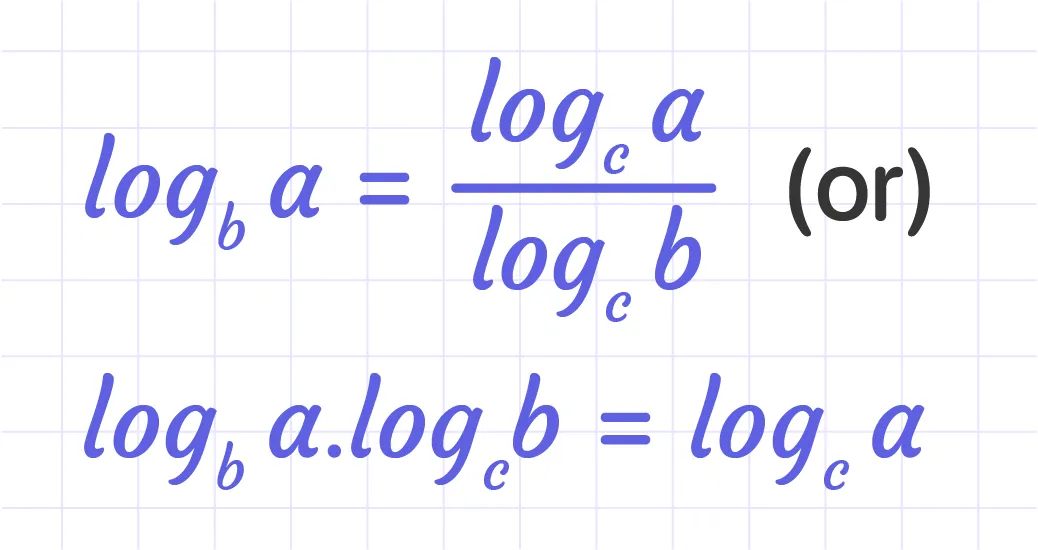MathMaster Blog
An exponential equation is one with exponents in which the exponent (or a part of the exponent) is a variable. Exponential equations are classified into three categories:
- with the same bases on both sides: 4^x = 4^2
- with different bases can be made the same: 4^x= 16 which can be written as 4^x = 4^2
- with different bases that cannot be made the same: 4^x = 15.
When the bases on both sides of the equation are not the same, we use logarithms to solve the exponential equations.
For example, neither the bases on both sides of 5^x = 3 are the same, nor can the bases be made the same. In such instances, one of the following options is available.
In these instances, we have such options:
-
Using the given formula we can transform the exponential equation to logarithmic form and then solve it for the variable.

-
Use logarithm (log) on both sides of the equation and solve for the variable. In this case, we have to apply:

Example:
If we turn 5^x = 3 into the logarithmic form, we get log 5^3 = x. Applying the change of base property formula,

We have x = (log 3)/(log 5).